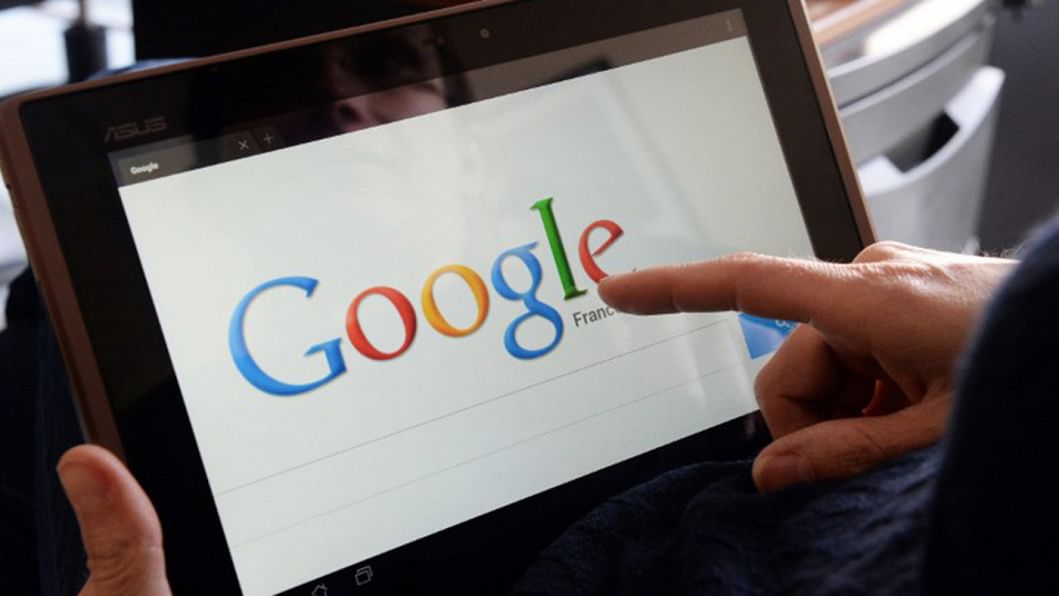Safari users win right to sue Google over privacy

Google has lost a Court of Appeal bid to stop consumers having the right to sue in the UK over alleged misuse of privacy settings.
A group of users claim that Google bypassed security settings on the Safari browser to install tracking cookies on their computers in order to target them with advertising.
Google said it was "disappointed with the court's decision".
One of the claimants called it a "David and Goliath victory".
The case revolves around a so-called Safari workaround, which allegedly allowed Google to avoid the Safari web browser's default privacy setting to place cookies, that gathered data such as surfing habits, social class, race, ethnicity, without users' knowledge.
Safari is a browser used on Apple computers, iPads and other devices while cookies are small text files stored by browsers which can record information about online activity, and help some online services work.
Google had attempted to prevent the action, claiming there was no case to answer because consumers had suffered no financial harm.
In its judgement, the Court of Appeal said: "These claims raise serious issues which merit a trial."
"They concern what is alleged to have been the secret and blanket tracking and collation of information, often of an extremely private nature… about and associated with the claimants' internet use, and the subsequent use of that information for about nine months. The case relates to the anxiety and distress this intrusion upon autonomy has caused."
Landmark case
"The Court of Appeal has ensured Google cannot use its vast resources to evade English justice," said Judith Vidal-Hall, one of three claimants.
"Ordinary computer users like me will now have the right to hold this giant to account before the courts for its unacceptable, immoral and unjust actions."
The landmark case potentially opens the door to litigation from the millions of Britons who used Apple computers, iPhones, iPods and iPads during the relevant period, summer 2011 to spring 2012, said Jonathan Hawker who represents the Google Action Group, a not-for-profit company set up to manage claims against the internet giant for breach of privacy.
Dan Tench, a partner at law firm Olswang who is acting for the claimants, welcomed the decision.
"Google, a company that makes billions from advertising knowledge, claims that it was unaware that was secretly tracking Apple users for a period of nine months and had argued that no harm was done because the matter was trivial as consumers had not lost out financially.
"The Court of Appeal saw these arguments for what they are: a breach of consumers' civil rights and actionable before the English courts. We look forward to holding Google to account for its actions."
Google has already paid fines of over $40m related to this incident in the US. It was fined by the Federal Trade Commission (FTC) and separately by 38 US states.

 For all latest news, follow The Daily Star's Google News channel.
For all latest news, follow The Daily Star's Google News channel. 



Comments